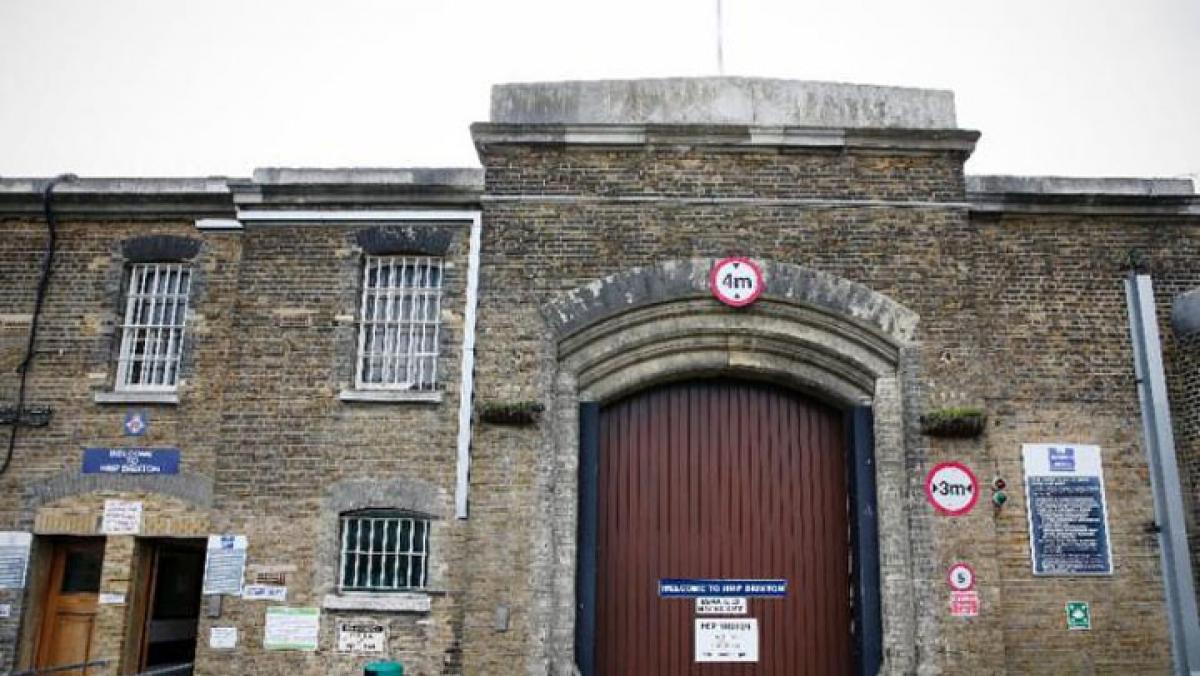Live
- Telegram Mini-Apps Now Run in Full Screen with New Features
- Public hearing on challenges faced by deprived communities in accessing pensions
- Chandrababu Emphasises Importance of Polavaram Project in AP Assembly
- J&K L-G stresses need to preserve links with civilisational values
- Telangana High Court Strikes Down GO 16
- Mercedes-AMG C 63 S E Performance Review: Power, Hybrid Tech & Handling
- Kate Winslet Celebrates Moana’s Empowerment Message Ahead of Sequel Release
- BRS MLA Patnam Narender Reddy Gets Relief from High Court
- Shafali Verma Dropped as India Names 16-Member Squad for December ODIs Against Australia
- Leaked! iPhone 17 Battery, Camera, Chipset, Design and Display Upgrades





.jpg)




